When shipping a car, you’ll come across two types of auto transport companies: brokers and carriers. Understanding the differences between them is essential to choosing the best option for your needs.
In this guide, we’ll explain the key differences between brokers and carriers, the pros and cons of each, and how to decide which one is right for you.
🚚 1. What’s the Difference Between a Broker and a Carrier?
Auto Transport Brokers
🔹 Middlemen between customers and carriers
🔹 Don’t own trucks—instead, they connect you with a carrier
🔹 Have access to a large network of transport companies
🔹 Handle the logistics, negotiations, and paperwork
📌 Example: Montway Auto Transport is a broker that connects customers with carriers.
Auto Transport Carriers
🔹 Own and operate their own fleet of trucks
🔹 Directly transport your vehicle without using a middleman
🔹 More control over scheduling and handling
🔹 Limited routes and availability
📌 Example: Reliable Carriers owns its own fleet and directly handles shipments.
💡 Tip: Many carriers work with brokers to fill their trucks, so even if you book with a broker, your car will still be shipped by a carrier.
⚖️ 2. Pros and Cons of Brokers vs. Carriers
Pros of Using an Auto Transport Broker
✔ More carrier options – Brokers have access to a large network of transporters.
✔ Lower prices – Brokers compare multiple quotes to find competitive rates.
✔ Easier booking process – Brokers handle all logistics and paperwork.
✔ More flexibility – They can find a carrier that fits your schedule.
Cons of Using an Auto Transport Broker
✖ Less control over who ships your car – You don’t choose the specific carrier.
✖ Potential for communication issues – You may deal with both the broker and the carrier.
✖ Pricing may change – Initial quotes may not always reflect the final cost.
📌 Best for: People who want the best price and flexible scheduling.
Pros of Using an Auto Transport Carrier
✔ Direct service – You deal only with the company shipping your car.
✔ More control over your shipment – You know exactly who is handling your vehicle.
✔ Potentially faster pickup times – No middleman means fewer delays.
Cons of Using an Auto Transport Carrier
✖ Limited availability – Carriers have specific routes and fewer trucks.
✖ Higher costs – Direct carriers may charge more than brokers.
✖ Longer wait times for availability – You may have to wait for an open slot.
📌 Best for: People who want direct communication and don’t mind paying more for reliability.
💰 3. Cost Differences: Brokers vs. Carriers
| Service | Estimated Cost for Cross-Country Shipping |
|---|---|
| Broker | $900 – $1,500 (open transport) |
| Carrier | $1,200 – $1,800 (open transport) |
💡 Tip: Brokers negotiate lower prices, while direct carriers may charge more for guaranteed service.
🕵️ 4. How to Identify a Legitimate Broker or Carrier
Before booking, verify that the company is licensed and insured.
Steps to Check an Auto Transport Company’s Credentials:
✔ Look for FMCSA Registration – Search the company’s USDOT or MC number on the FMCSA website.
✔ Read Customer Reviews – Check Google, BBB, and Trustpilot.
✔ Confirm Insurance Coverage – Legitimate companies provide cargo insurance.
✔ Avoid Large Upfront Payments – Most brokers and carriers only require a deposit.
💡 Tip: Scam companies often pose as brokers without being properly registered. Always verify their credentials!
📌 5. When Should You Use a Broker vs. a Carrier?
| Situation | Best Option |
|---|---|
| You want the cheapest rate | Broker |
| You prefer direct communication | Carrier |
| You need fast pickup | Carrier |
| You have flexible dates | Broker |
| You’re shipping a luxury car | Carrier |
| You want multiple price options | Broker |
💡 Tip: If you don’t mind who ships your car, brokers offer more options and better rates.
🔍 6. Top-Rated Auto Transport Brokers and Carriers
Best Auto Transport Brokers
🚛 Montway Auto Transport – Largest network of carriers, competitive pricing
🚛 Sherpa Auto Transport – Price-lock guarantee, no hidden fees
🚛 AmeriFreight – Best for discounts and insurance coverage
Best Auto Transport Carriers
🚛 Reliable Carriers – Specializes in enclosed transport for luxury vehicles
🚛 United Road – Handles large fleet and corporate auto transport
🚛 Intercity Lines – Best for shipping classic and exotic cars
💡 Tip: Many well-known companies operate as both brokers and carriers, depending on availability.
🛑 7. Avoiding Common Scams with Brokers and Carriers
🚫 Avoid Brokers That Guarantee Specific Pickup/Delivery Dates – Most brokers rely on third-party carriers.
🚫 Watch Out for Fake Reviews – Some companies pay for fake 5-star reviews.
🚫 Be Cautious of Low Quotes – If a price seems too good to be true, it probably is.
🚫 Don’t Pay in Full Upfront – Reputable companies only charge a deposit or full payment upon delivery.
💡 Tip: Always research the company’s FMCSA registration before booking.
🌟 Conclusion: Should You Choose a Broker or a Carrier?
Your decision depends on your priorities—price, convenience, or direct service.
✅ Choose a Broker If:
✔ You want the cheapest rate.
✔ You need more carrier options.
✔ You have flexible pickup dates.
✅ Choose a Carrier If:
✔ You prefer direct communication.
✔ You need faster pickup.
✔ You’re shipping a high-value car.
By understanding the differences between brokers and carriers, you can choose the best option for your car shipping needs!








